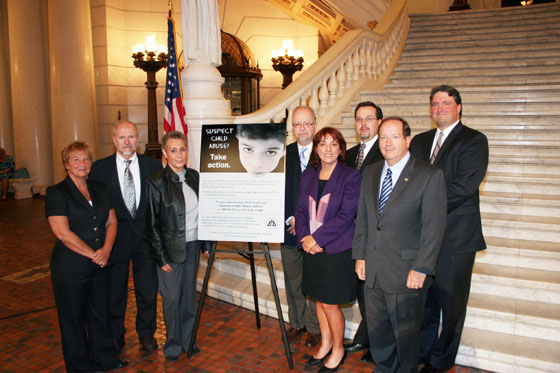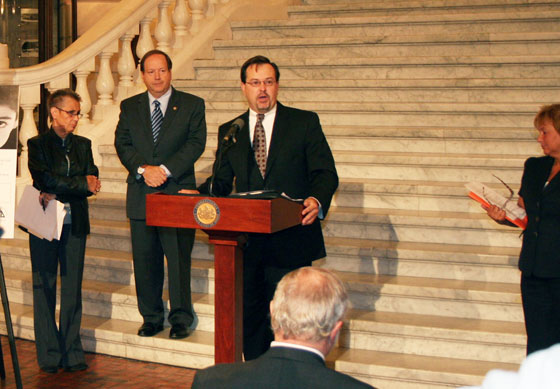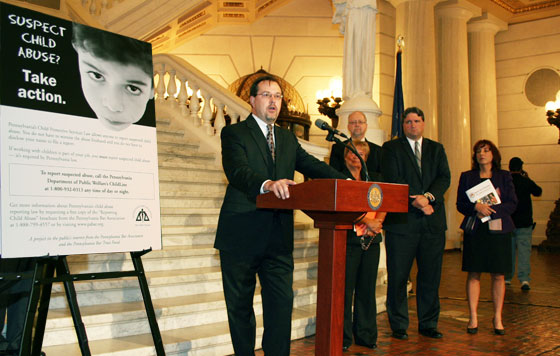HARRISBURG, Pa. — Pennsylvania lawyers are teaming up to educate the public about reporting suspected child abuse.
The state bar association and 36 county bar associations announced a campaign Monday that focuses on the Child Protective Services Law and how people can alert authorities to suspected abuse.
They’re spreading the word about the state-run ChildLine for abuse reports, which is available at all hours at 800-932-0313.
State law makes some people mandatory reporters of suspected abuse, including certain workers in education and health care.
Figures from last year indicate more than 24,000 cases of suspected abuse were reported last year, and about 3,400 were substantiated.
Thirty-four children died from abuse in the state in 2011, with parents responsible in about three out of four of those cases.
Courtesy of The Associated Press
Jason Kutulakis was a member of the Pennsylvania Supreme Court Juvenile Procedural Rules Committee (2001-2007) and the Pennsylvania Bar Association’s Children’s Rights Committee. He was selected by the Pennsylvania Bar Association Children’s Rights Committee. as the 2006 Child Advocate of the Year for his outstanding advocacy work on behalf of children throughout the Commonwealth. He is the solicitor for Dauphin County Social Services for Children and Youth.



